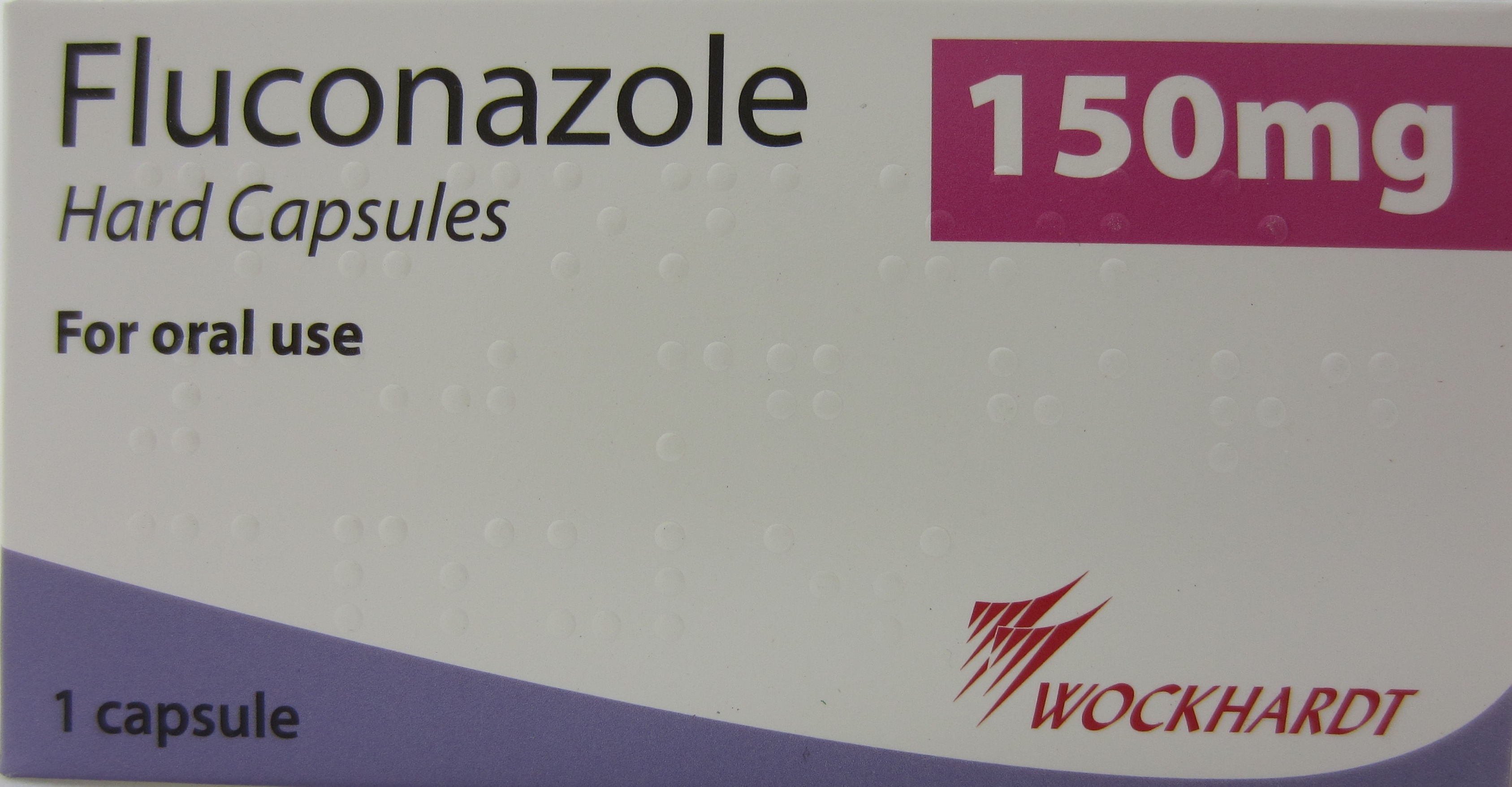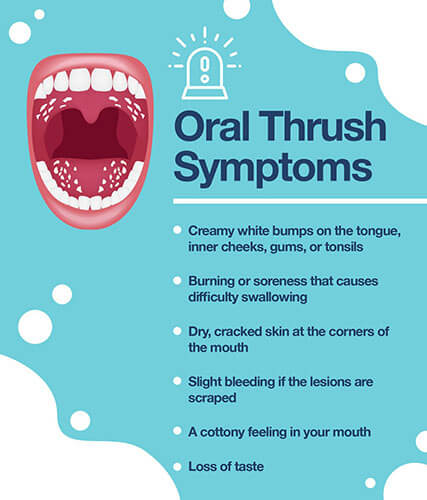
Oral thrush is more likely to occur in infants and older adults due to reduced immunity.

You may have an increased risk of oral thrush infection if any of these issues apply: Several factors, such as a weakened immune system, can increase your risk of oral thrush. The most common type of candida fungus is Candida albicans. But sometimes these protective mechanisms fail, increasing the number of candida fungus and allowing an oral thrush infection to take hold. Normally, your immune system works to repel harmful invading organisms, such as viruses, bacteria and fungi, while maintaining a balance between "good" and "bad" microbes that normally inhabit your body. Thrush is uncommon in healthy older children, teenagers and adults, so if thrush develops, see your doctor to determine if further evaluation is needed to check for an underlying medical condition or other cause. If you or your child develops white lesions inside the mouth, see your doctor or dentist.
#OTC ORAL THRUSH MEDICATION SKIN#
Shiny or flaky skin on the darker, circular area around the nipple (areola).
#OTC ORAL THRUSH MEDICATION CRACKED#

The infection may then pass back and forth between the mother's breasts and the baby's mouth. They can pass the infection to their mothers during breast-feeding. In addition to the distinctive white mouth lesions, infants may have trouble feeding or be fussy and irritable. If this occurs, you may experience difficulty swallowing and pain or feel as if food is getting stuck in your throat. In severe cases, usually related to cancer or a weakened immune system from HIV/AIDS, the lesions may spread downward into your esophagus - the long, muscular tube stretching from the back of your mouth to your stomach (Candida esophagitis).



 0 kommentar(er)
0 kommentar(er)
